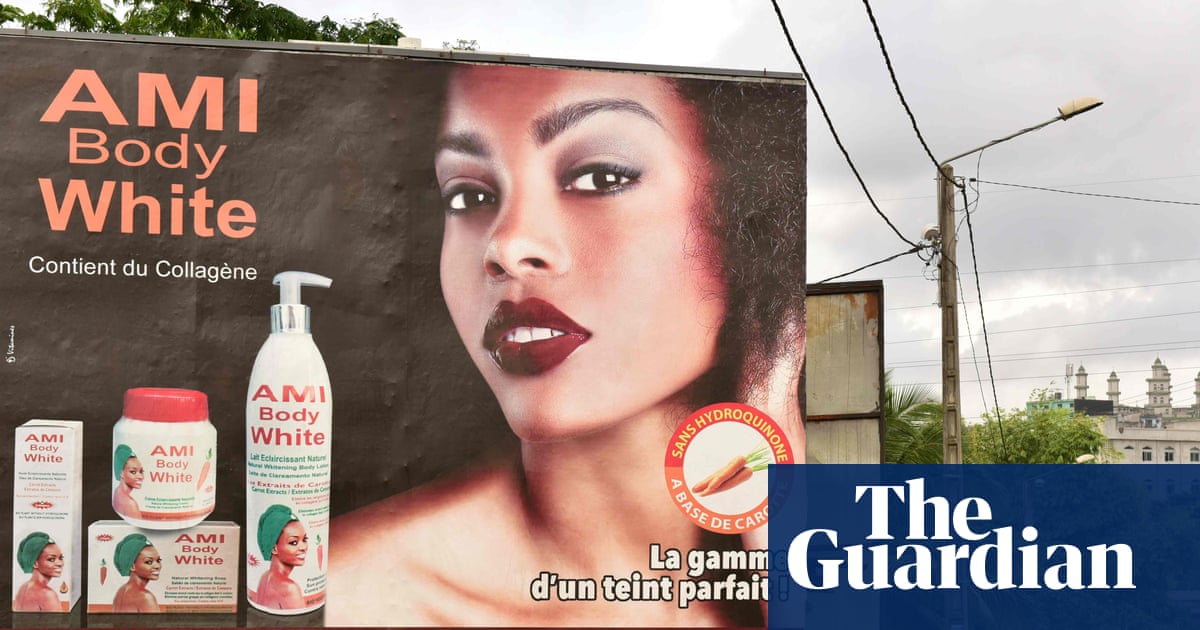
"For the first time, medical journals have reported rising cases of cancers among women of colour using skin-lightening products. The industry, now worth US$10.7bn (8bn), is expected to grow to US$18.1bn by 2033."
"Across the world, women of colour continue to use skin-lightening creams, many laced with toxic ingredients, in the hope of meeting beauty ideals shaped by colourism."
"The slogan 'black is beautiful' became a rallying cry against racist beauty standards, urging pride in what had been denigrated for centuries."
"Calls to embrace natural beauty resonated across Asia and much of the global south, directly challenging the colonial belief that lighter skin conferred greater worth."
The slogan 'black is beautiful' became significant during civil rights movements, promoting pride in Black skin and features. Despite this, skin-lightening products persist, driven by enduring colonial beauty ideals that prioritize lighter skin tones. Women of color worldwide use these creams, often containing harmful ingredients, which are linked to rising cancer cases. The skin-lightening industry is growing rapidly, now valued at US$10.7 billion and projected to reach US$18.1 billion by 2033, raising concerns about its safety and impact on younger generations.
Read at www.theguardian.com
Unable to calculate read time
Collection
[
|
...
]